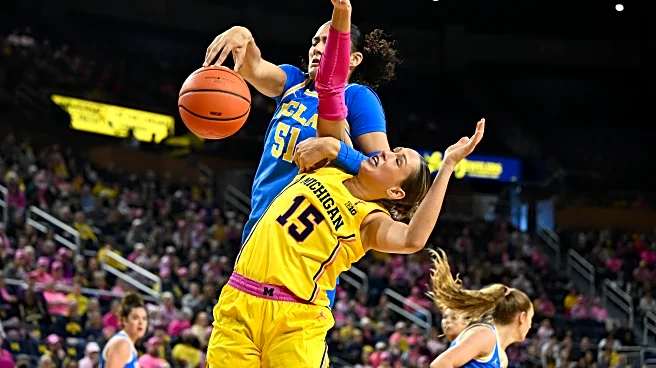What's Happening?
The Schall Law Firm has announced a class action lawsuit against Savara Inc., alleging violations of the Securities Exchange Act of 1934. The lawsuit claims that Savara made false and misleading statements regarding its Biologics License Application (BLA)
for MOLBREEVI, which failed to provide adequate information to the FDA. This inadequacy led to delays and potential financial repercussions for the company. Investors who purchased Savara's securities between March 7, 2024, and May 23, 2025, are encouraged to contact the firm before November 10, 2025, to participate in the lawsuit. The class has not yet been certified, and investors are advised to consider their options.
Why It's Important?
This lawsuit highlights significant issues within Savara Inc., potentially affecting its financial stability and investor confidence. If the allegations are proven, it could lead to substantial financial losses for the company and its shareholders. The case underscores the importance of transparency and accuracy in corporate communications, particularly in the pharmaceutical industry where regulatory compliance is critical. Investors stand to lose if the company's stock value declines further due to these legal challenges and the need for additional capital.
What's Next?
The next steps involve the certification of the class action, which will determine the representation of affected investors. Savara Inc. may need to address the allegations and possibly revise its BLA to meet FDA requirements. The outcome of this lawsuit could influence the company's future operations and its ability to secure funding. Stakeholders, including investors and regulatory bodies, will be closely monitoring the developments.
Beyond the Headlines
This case may have broader implications for corporate governance and regulatory compliance in the pharmaceutical sector. It raises questions about the ethical responsibilities of companies in their public disclosures and the potential consequences of misleading statements. The lawsuit could prompt other companies to reassess their communication strategies and regulatory submissions to avoid similar legal challenges.














